
Mistakes Millionaires Make
Lessons from 30 Successful Entrepreneurs
Recommendation
Entrepreneur and author Harry Clark’s look at millionaires’ financial ups and downs is a pleasure to read, and his candid recollections and advice are fascinating, even when given anonymously. They highlight a neglected subject: experiencing business failure. Stories of success are easy to come by, but Clark’s treatment of mistakes proves far more compelling and informative. Some of the stories and experiences recount the 2008 crisis, and some relate to the real estate bust that pulled down many millionaires. Clark’s presentation of the habitual nature of entrepreneurs and their weaknesses provides a tableau of memorable advice. You’ll hear echoes of the old saying, “A lesson bought is a lesson taught.” While never giving financial advice, getAbstract recommends these tales of learning the hard way to entrepreneurs, investors and students.
Summary
About the Author
Harry Clark, a CEO coach and public speaker on entrepreneurship, founded and led multiple companies in a variety of industries. His most recent start-up reached $100 million in sales and hired 450 employees within five years.







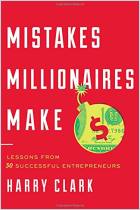

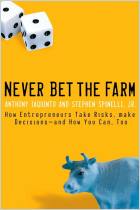
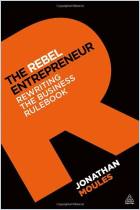
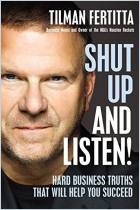
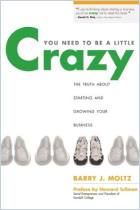






Comment on this summary or Start Discussion